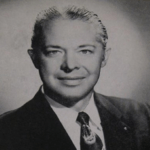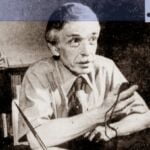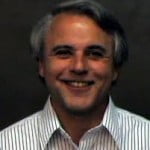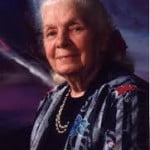Healing the Dying: Contributions to Thanatology – Franklin Loehr (Is. 3)
Death Preview: A New Direction in Psychography
by Franklin Loehr, D.D.
 Psychography is that branch of psychology which attempts to map out the forces in the human personality and trace their sources. Since heredity and environment as sources of human personality forces have been comparatively well examined by conventional psychological research, psychography concentrates on the less explored areas of past lives, the push from the past, and, to a lesser extent on cosmic purpose, the pull from the future. It pays attention always to the crucial significance of the individual’s own decisions.
Psychography is that branch of psychology which attempts to map out the forces in the human personality and trace their sources. Since heredity and environment as sources of human personality forces have been comparatively well examined by conventional psychological research, psychography concentrates on the less explored areas of past lives, the push from the past, and, to a lesser extent on cosmic purpose, the pull from the future. It pays attention always to the crucial significance of the individual’s own decisions.
The usefulness of past-life recall has already been strikingly demonstrated in the results of those counselors who have used it in their psychotherapy with clients. It is … Read the rest




